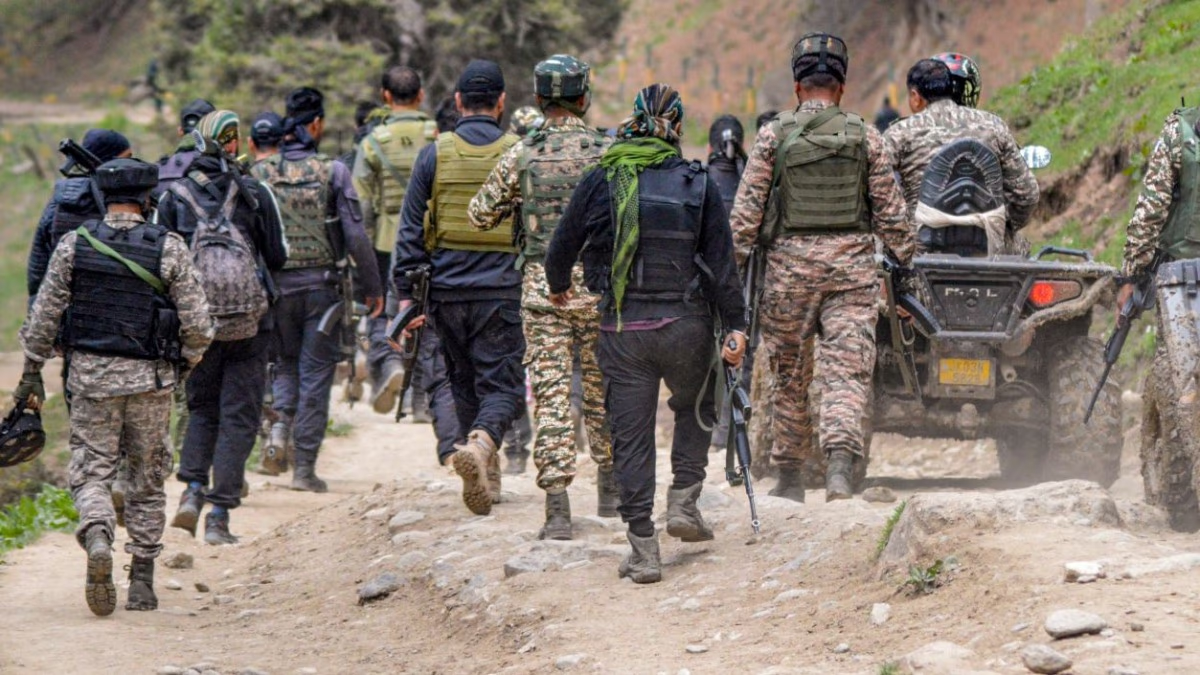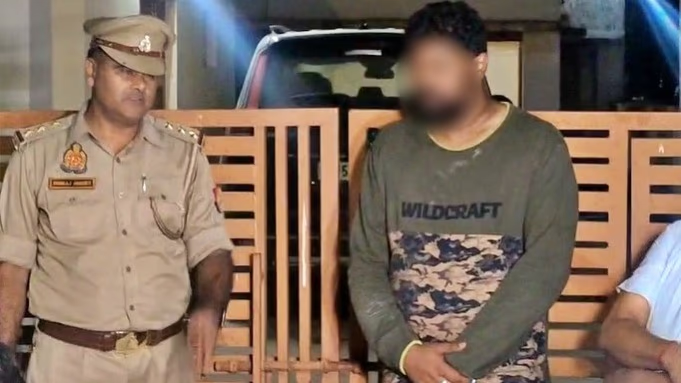Following the terrorist attack on April 22 in Pahalgam, Jammu and Kashmir, security agencies are on high alert. Under Operation Sindoor, India has destroyed nine terrorist camps in Pakistan and PoK, seeking justice for the victims of the attack. The quest to bring the Pahalgam attack culprits to justice continues, where 26 innocent tourists lost their lives. In this effort, the army persists with search and encounter operations to eliminate terrorists in the valley.
Terrorists Exploiting Uniforms
According to a 'Firstpost' report, the deployment of security forces in Jammu and Kashmir has become crucial. However, these forces are now facing a new challenge. In at least three recent incidents, officials have identified uniformed terrorists infiltrating the border. The Pahalgam attack was similarly planned, where terrorists associated with 'The Resistance Front' wore Indian army-like uniforms to fire upon tourists.
Last week, during an encounter in Tral, terrorists Asif Ahmed Sheikh, Amir Nazir Wani, and Yawar Ahmed Bhat were eliminated. These terrorists were dressed in army-like uniforms, and their attire is currently under scrutiny, especially their jackets. This new ploy aims to mislead people; during the Pahalgam attack, many witnesses initially believed the attackers were army personnel.
A New Challenge for Security Forces
On May 10, while India was undertaking retaliatory actions against Pakistan under Operation Sindoor, a guard at the high-security Nagrota Military Station in Jammu intercepted a suspicious intruder. It is possible that the individual, clad in military attire, was trying to infiltrate. However, after a brief exchange of gunfire, the person fled.
Terrorists clad in army-like uniforms have ignited fear among security forces. Officials worry such strategies may create confusion, and recent incidents have only intensified this formidable challenge. A senior intelligence official stated that this strategy is not only dangerous but highly misleading. It aims to erode trust between civilians and uniformed security forces.
Ban on Uniform Sales and Tailoring
Officials indicated that the matter was discussed in a high-level meeting in Delhi, involving senior members of India's security network. In response, security agencies are now reviewing SOPs, particularly at checkpoints and popular tourist places, to better address this emerging threat.
To counter this challenge, bans on tailoring, selling, and storing military uniforms have been imposed in some regions of Jammu and Kashmir, preventing anti-national elements from exploiting them. Terrorists using uniforms that closely resemble those of the military, especially similar jackets, aim to confuse both civilians and security forces.




